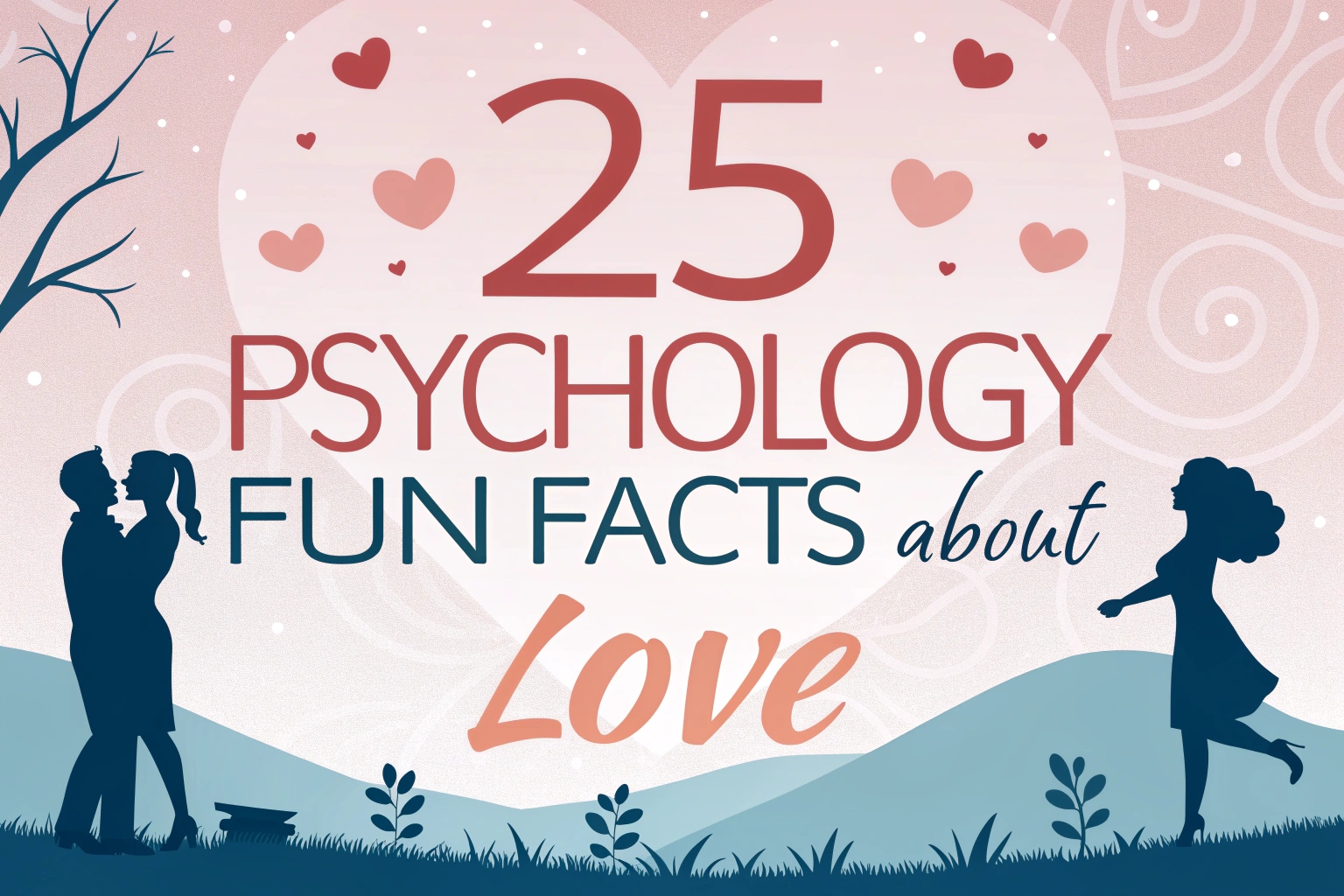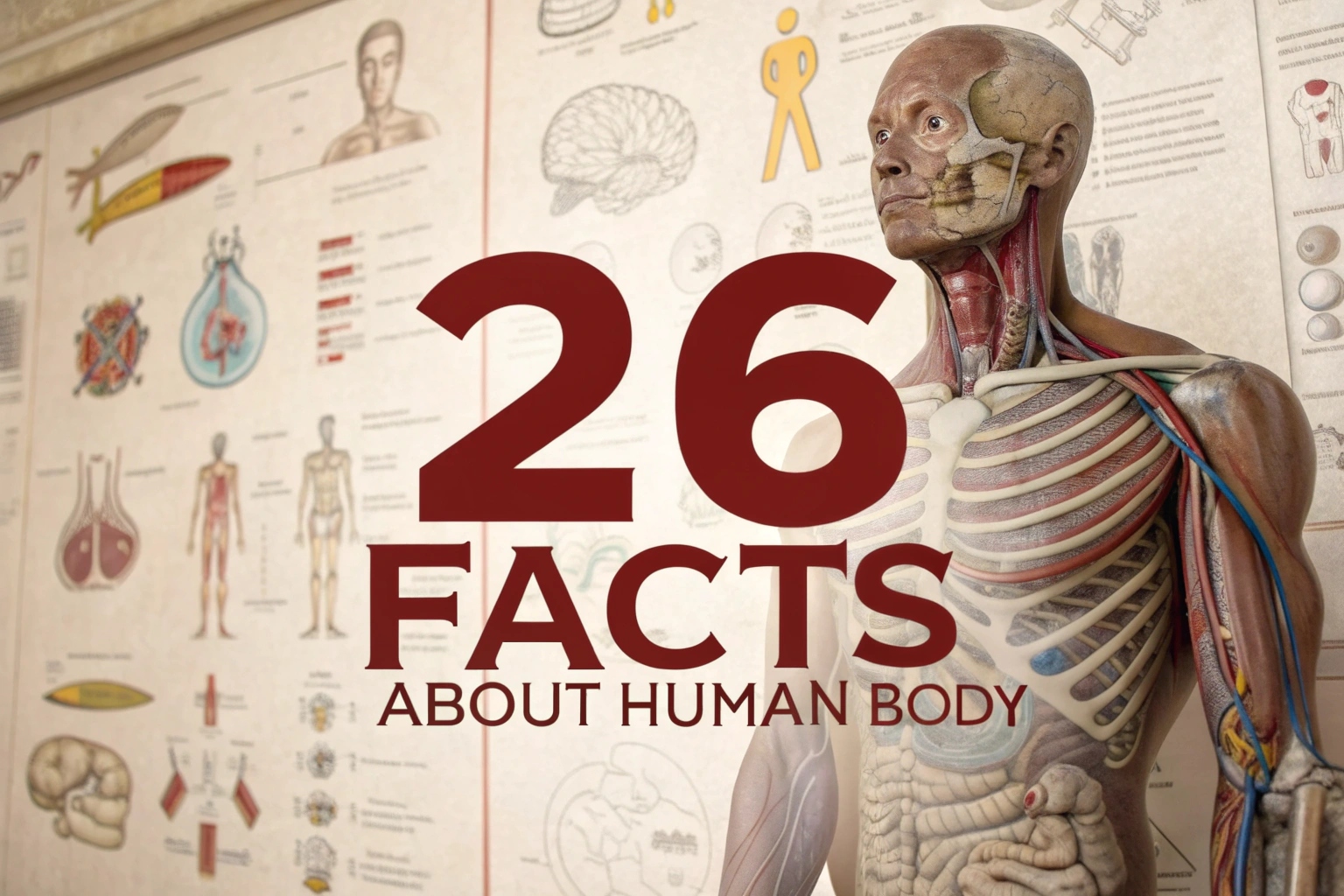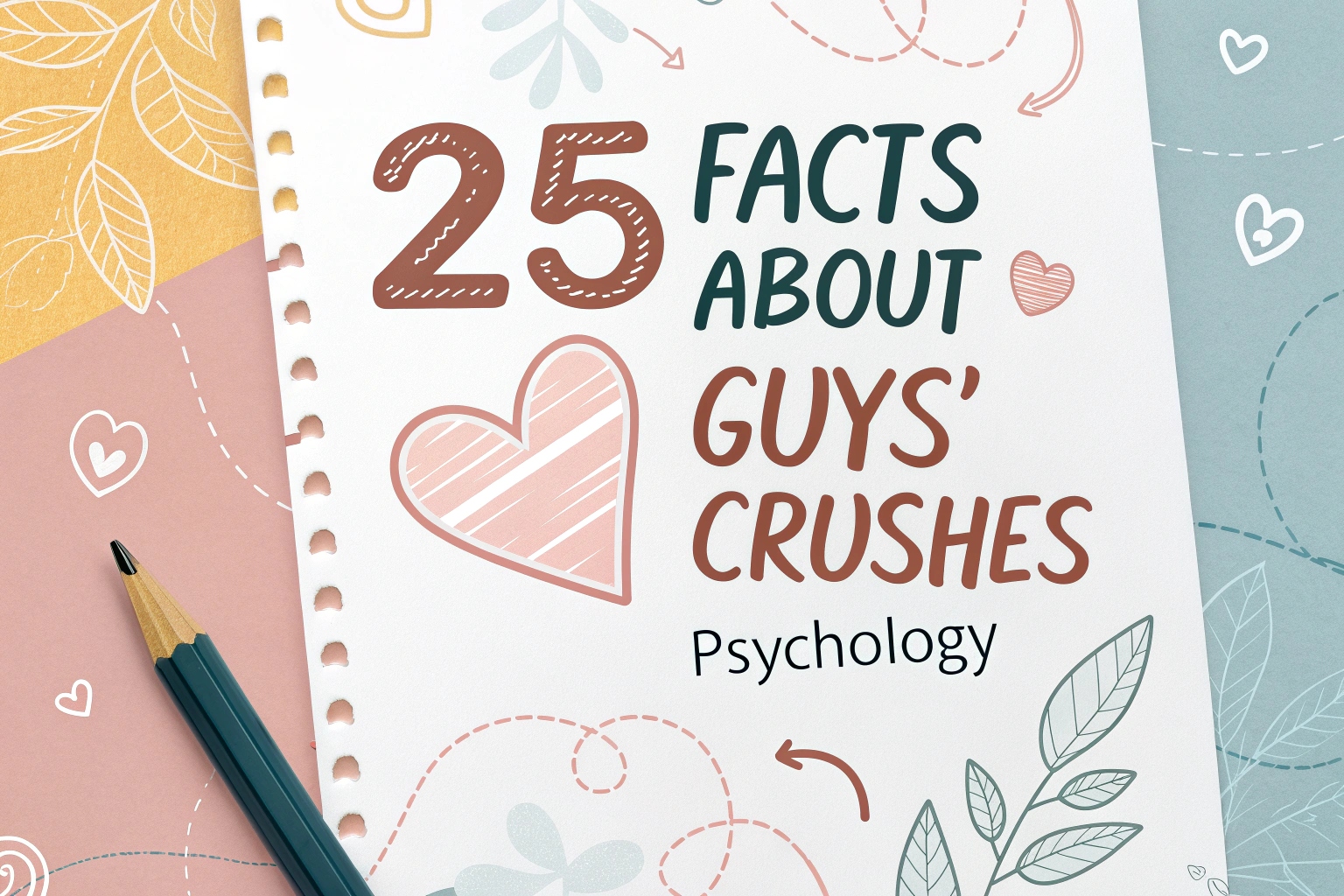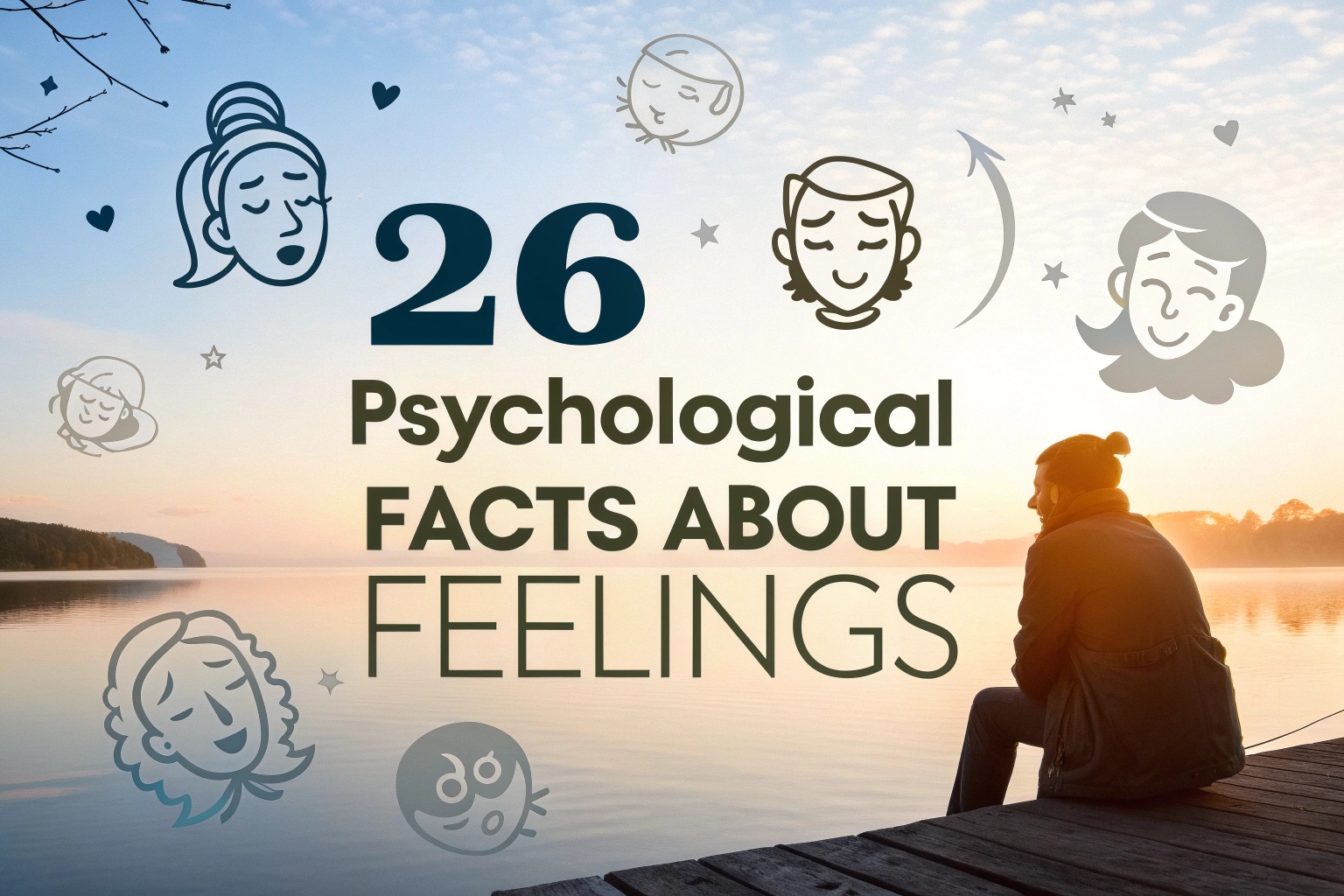Relationships are one of the most fascinating areas of human psychology. From romantic connections to friendships, our bonds are shaped by hidden patterns, unconscious behaviors, and surprising emotional triggers.
Understanding the psychology behind relationships can help you build deeper connections, spot red flags, and communicate more effectively.
Whether you’re in love, looking for love, or just curious about how our brains work when we’re emotionally involved—these 10 fun and insightful facts about relationships will make you say, “Wow, I’ve totally seen that happen!”
1. Eye contact builds stronger emotional connection fast
Sustained eye contact for just two minutes can increase feelings of emotional closeness—even between strangers. This phenomenon taps into the release of oxytocin, the bonding hormone.
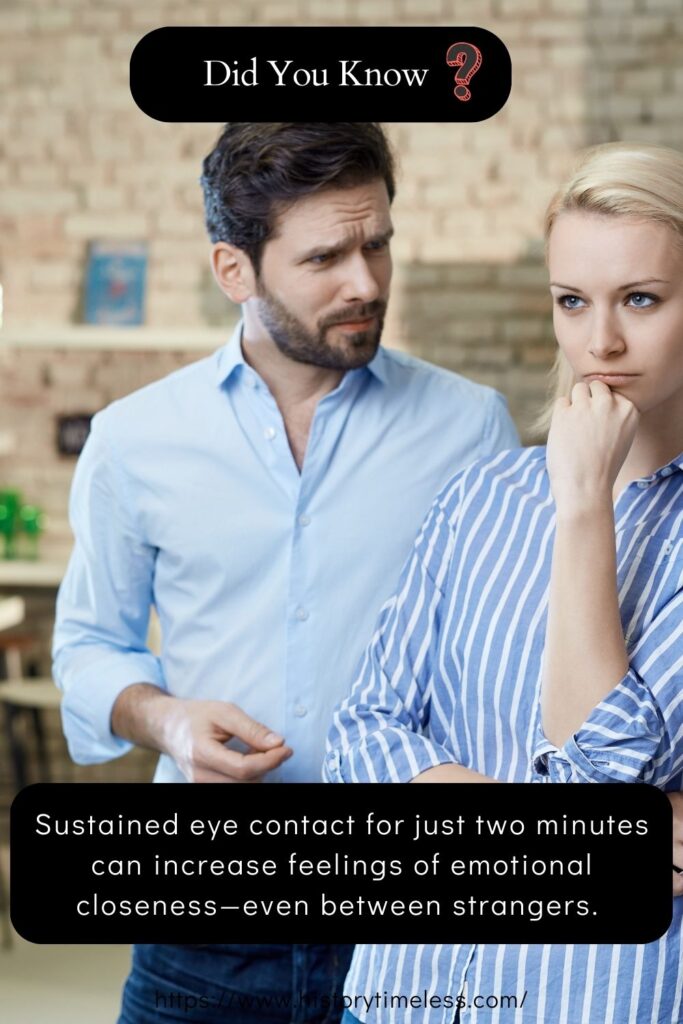
In romantic relationships, eye contact can deepen intimacy and trust. It’s no wonder why locking eyes during deep conversations or even playful moments can make partners feel more connected.
So next time you’re talking to someone you care about, try holding their gaze just a little longer—you might be surprised by how much more bonded you feel.
2. Couples who laugh together stay together longer
Laughter isn’t just good medicine—it’s great for relationships too. Studies show that couples who share inside jokes or laugh during conversations tend to report higher satisfaction and longer-lasting relationships.
Humor reduces tension, increases dopamine, and signals that you’re on the same emotional wavelength. It’s also a great tool for navigating disagreements.
So those goofy memes, dad jokes, or weird voices you do with your partner? They’re actually strengthening your relationship at a deep psychological level.
3. Arguing can be healthy—if done the right way
It’s not whether couples argue that determines relationship success—it’s how they argue. Constructive arguments, where both people feel heard and respected, can actually make a relationship stronger.
Psychologists call this “conflict resolution style”—and couples who avoid name-calling, blaming, or stonewalling tend to bounce back quicker and grow from disagreements.
Healthy arguing means addressing issues, expressing feelings, and working toward solutions, not just winning a fight.
4. Mirroring each other’s body language boosts bonding
Ever notice how people in love often sit the same way, use similar phrases, or copy each other’s hand gestures? That’s called “mirroring,” and it’s a sign of strong rapport and emotional connection.
Psychologically, we mirror people we like—and being mirrored in return makes us feel more liked. It creates an unconscious rhythm between two people, building empathy and understanding. Couples who naturally mirror each other tend to feel more synchronized emotionally and mentally.
5. Saying “thank you” regularly increases relationship satisfaction
Gratitude is one of the most underrated superpowers in relationships. Saying “thank you” for the little things—like making coffee or picking up groceries—signals appreciation, which helps your partner feel valued.
Research shows that expressing gratitude regularly leads to higher relationship satisfaction, stronger emotional bonds, and fewer arguments. It shifts focus from what’s going wrong to what’s going right, creating a more positive atmosphere. In short: thankfulness fuels love.
6. People subconsciously choose partners like their caregivers
Psychologists believe we’re often drawn to people who remind us—subconsciously—of our primary caregivers, especially if we have unresolved childhood patterns.
This can be comforting and familiar, but it can also lead to repeating unhealthy dynamics. Known as “attachment theory,” this explains why people with secure childhoods tend to form healthy adult relationships, while those with anxious or avoidant upbringings may struggle.
The good news? Awareness of these patterns can help you break the cycle and form more balanced relationships.
7. Emotional vulnerability increases trust and intimacy
Opening up about fears, insecurities, and dreams helps foster intimacy and trust in relationships. Vulnerability activates empathy in the listener and makes the speaker feel seen.
It’s scary, yes—but it’s also a shortcut to deeper connection. Psychologist Brené Brown’s research shows that vulnerability is not a weakness; it’s the birthplace of love, belonging, and joy.
Couples who can be emotionally raw with each other tend to feel more securely attached and less lonely.
8. Physical touch lowers stress and builds connection
Holding hands, hugging, or cuddling isn’t just sweet—it’s science. Physical touch releases oxytocin (the bonding hormone), lowers cortisol (the stress hormone), and boosts feelings of safety and connection.
Even small gestures like a pat on the back or brushing a partner’s arm can make a big difference in how connected you feel. Regular non-sexual touch is a strong predictor of relationship satisfaction. So, don’t underestimate the power of a good cuddle session.
9. Shared goals and routines strengthen relationship stability
Couples who set goals together or share daily routines—like morning coffee or evening walks—tend to have more stable and satisfying relationships.
These shared experiences create a sense of teamwork and predictability, which reduces stress and builds emotional security.
Psychologically, humans crave structure and shared meaning, and couples who co-create rituals and plans build a stronger foundation. Whether it’s planning a trip or just doing laundry together, small shared habits can have a big impact.
10. Your tone matters more than your words
How you say something often carries more emotional weight than what you’re saying. Research from relationship expert Dr. John Gottman found that couples who use a calm, respectful tone during conflicts fare far better than those who speak with contempt or sarcasm.

Tone conveys your emotional state, and a negative one can trigger defensiveness or shutdown. So even when you’re frustrated, softening your tone can keep conversations open, safe, and productive. Sometimes, kindness in delivery makes all the difference.
Absolutely! Here are 10 more psychology fun facts about relationships, each with a unique and engaging heading, written in markdown format with no line separators.
11. Emotional validation is more powerful than advice
When your partner is upset, they usually want to feel heard, not fixed. Emotional validation—acknowledging someone’s feelings without immediately trying to solve the problem—builds empathy and trust.
Psychology studies show that people feel more supported when their emotions are accepted rather than dismissed. Saying “I understand why you feel that way” can be far more powerful than jumping into solution mode. It’s a small shift in communication that can make a big difference in how connected you feel.
12. The honeymoon phase is real—but it fades
Science confirms what many couples experience: the early “honeymoon” phase is marked by heightened dopamine and oxytocin levels, making everything feel exciting and magical. However, this phase typically lasts 6 to 12 months.
As those chemical highs level out, couples enter a more stable, less euphoric stage. This doesn’t mean love fades—it just evolves. The key is to intentionally nurture intimacy, communication, and shared experiences to keep the relationship strong after the initial spark dims.
13. Being yourself from the start builds lasting love
Pretending to be someone you’re not just to impress a partner might help in the short term, but it can sabotage long-term intimacy. Psychology shows that authenticity fosters deeper emotional connections and reduces anxiety in relationships.
When you’re true to yourself, you attract someone who genuinely appreciates you—and that’s the foundation for lasting love. Couples who feel free to be themselves with each other tend to report higher satisfaction and fewer conflicts.
14. Small gestures matter more than big ones
While grand romantic gestures are fun, it’s the daily acts of kindness that really strengthen a relationship. Bringing them coffee, leaving a sweet note, or checking in during a tough day builds emotional security. Psychologists call these “bids for connection,” and how we respond to them affects the health of the relationship.
Ignoring them erodes intimacy, while acknowledging them strengthens the bond. It’s the little things, done consistently, that make love last.
15. Shared stress can deepen emotional bonding
Going through tough times together—like a job loss, health issue, or even a challenging trip—can strengthen a couple’s connection, if handled with mutual support. Psychologists call this “stress-related growth,” where overcoming adversity together builds trust and resilience.
The key is teamwork: communicating openly, supporting each other, and not playing the blame game. Couples who navigate stress side-by-side tend to come out stronger, more united, and more appreciative of each other.
16. Love activates the brain like an addiction
Brain scans show that being in love lights up the same reward centers activated by addictive substances like cocaine. Dopamine surges create euphoria, obsessive thoughts, and intense focus on the beloved.
While love isn’t a literal addiction, the psychological effects can be just as powerful—especially in new relationships. That’s why early-stage love can feel overwhelming or all-consuming. Understanding this can help explain intense attachment or withdrawal-like symptoms after a breakup.
17. Couples who sleep at the same time feel closer
It might sound simple, but couples who go to bed at the same time tend to report higher levels of relationship satisfaction. Shared sleep schedules increase opportunities for intimacy, both emotional and physical.
Going to bed together promotes closeness, cuddling, pillow talk, and feelings of safety. Even if you’re night owls or early birds, aligning sleep habits—even a few nights a week—can make a big difference in how connected you feel.
18. Emotional cheating can hurt more than physical
Many people report that emotional affairs—deep, secret emotional connections outside the relationship—can feel more painful than physical infidelity. That’s because emotional cheating often involves intimacy, secrets, and emotional energy that should be reserved for the primary relationship.
Psychology suggests that trust and emotional exclusivity are core components of intimacy. Crossing emotional boundaries can create deep wounds, even without physical contact. That’s why openness and boundary-setting are essential in all types of relationships.
19. Your attachment style shapes your relationship behavior
Attachment theory says that early childhood experiences form the basis for how we relate to romantic partners. People with secure attachment tend to feel comfortable with intimacy, while anxious types may crave closeness but fear abandonment, and avoidant types often struggle with vulnerability.
Understanding your attachment style can help you become more aware of patterns and improve your relationship dynamics. It’s not destiny—but it is a powerful psychological lens for growth.
20. Relationships need novelty to stay exciting
Over time, routine can lead to emotional boredom—even in loving relationships. Psychology shows that introducing novelty (like trying a new activity, traveling, or even cooking a new recipe together) boosts dopamine and reignites passion.
This doesn’t mean you need constant excitement, but small changes that break the routine can bring fresh energy. Couples who continue exploring, learning, and growing together tend to keep their emotional connection vibrant and strong.
21. Digital communication affects emotional closeness
While texting and social media help us stay in touch, they can’t fully replace face-to-face interaction. Research shows that digital-only communication may lead to misunderstandings or emotional distance over time.
Emojis and typing can’t always convey tone, empathy, or nuance. However, sending thoughtful messages and voice notes can still nurture connection if balanced with in-person time. The healthiest relationships use digital tools to enhance connection—not replace real-world interaction.
22. Jealousy isn’t always a bad thing
A little jealousy can actually indicate care and commitment in a relationship—as long as it doesn’t turn into control or insecurity. Psychology views mild jealousy as a natural emotional response that can spark reflection and healthy dialogue about needs and boundaries.
However, when jealousy becomes chronic or irrational, it often points to deeper trust or self-esteem issues. The key is acknowledging it, understanding where it comes from, and using it as an opportunity for growth, not conflict.
23. Couples tend to mimic each other’s speech over time
Ever notice how couples start to use the same phrases, slang, or tone of voice? This is called “linguistic convergence,” and it’s a psychological sign of emotional closeness. Mirroring each other’s speech style helps build a sense of unity and mutual understanding.
The more connected a couple feels, the more likely they are to subconsciously adopt each other’s communication habits. It’s a subtle but fascinating way relationships evolve over time.
24. Apologies are most effective when paired with empathy
“I’m sorry” means a lot more when it’s backed by genuine empathy. Psychology studies show that effective apologies include an acknowledgment of the other person’s feelings, responsibility for the mistake, and a commitment to do better.
Simply saying “sorry” without emotional weight can feel empty. On the other hand, an empathetic apology helps heal emotional wounds, rebuild trust, and strengthen the bond. When people feel seen and understood, forgiveness becomes easier.
25. Physical presence reduces feelings of loneliness
Just being in the same room with someone you love—even without speaking—can significantly reduce feelings of stress and loneliness. Psychologists call this “co-regulation,” where one person’s calm presence helps soothe another’s nervous system.
It’s one of the reasons why we feel more relaxed around close loved ones, even during silence. So yes, cuddling up on the couch watching TV without talking still counts as meaningful connection.
26. Love grows through shared vulnerability over time
Lasting love isn’t just built on attraction or compatibility—it thrives on growing vulnerability. As partners share deeper thoughts, fears, and experiences over time, they build emotional trust and intimacy.
This kind of connection doesn’t happen overnight; it requires patience, openness, and the courage to be seen fully. Psychology research consistently shows that the more authentic you are with your partner—and the more they embrace you as you are—the stronger the love becomes.
Unveil more remarkable insights:
30 Dark Tales Where Fate Takes a Shocking Turn!
20+ Bizarre Medical Mysteries That’ll Leave You Speechless!
25 Shocking Secrets of Ancient Rome You Never Knew!
10+ Amazing Zodiac Facts About Libra Women

